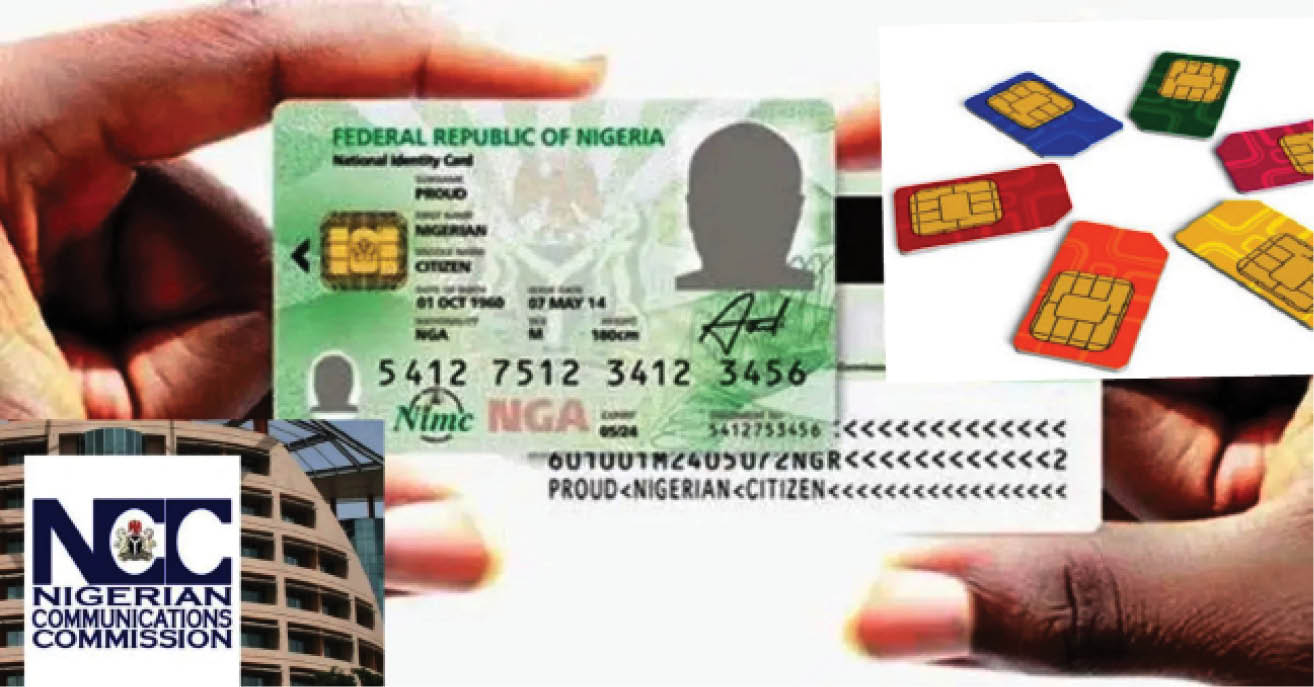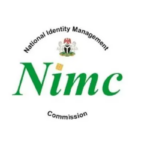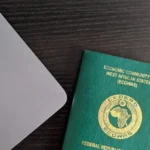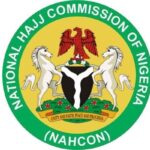Many events happened in the telecommunication sector of Nigeria this year but the biggest of all is still the federal government’s directive to all telecommunications operators to get the National Identity Numbers (NINs) of their customers linked to their SIM registration.
This came in mid-December and the government initially handed the operators two weeks to do it. Though the deadline has been extended to mid-January (for those with NINs) and early February (for those without NIN), analysts believe as much as 160 million Nigerians may be blocked because of overwhelming nature of the task.
- 2020: A year of unheeded advice and dismissed warnings
- Solar power: Why REA seeks improved learning in 5 varsities, others
Nigeria’s teledensity rose by 2.2 per cent from 104.4 per cent to 106.6 per cent in October, increasing the number of telecom subscribers to 203.5m, said the Nigerian Communications Commission (NCC).
However, the National Identity Management Commission (NIMC) was only able to register paltry 42m Nigerians in 10 years the enrolment exercise started.
173 agents for ID registration – FG
But the federal government said it believed the task would be achieved as it had licensed 173 centres and 30 state government institutions to conduct the enrolment of the National Identity Number (NIN) across Nigeria.
The Minister of Communications and Digital Economy, Isa Ali Ibrahim (Pantami), approved this recently, NIMC said on its website.
Controversial 50% slash in data cost
Telecom subscribers in December challenged the claim by the federal government that the price of data had been reduced by more than 50 per cent.
The federal government announced in mid-December that it followed a directive by the Nigerian Communications Commission (NCC) to the telecom operators.
However, telecom subscribers countered this saying FG’s claim of 50% data cost reduction was not true as they still buy 1 Gigabyte (Gb) of data at N1000.
President of National Telecommunications Subscribers of Nigeria (NATCOMS), Deolu Ogunbanjo said the slash in data price wasn’t true, noting that the telecom operators only did the technical reduction in terms of promo.
How hackers stole websites
The federal government announced in October that it fully recovered some of its websites breached by a hacker group, Anonymous.
Anonymous announced on its Twitter handle in October that it hacked into websites of some Nigerian agencies in solidarity with #EndSARS protest.
The Economic and Financial Crimes Commission (EFCC), the Security and Exchange Commission (SEC), and some other agencies as well as some private companies have reportedly had their websites hacked into by the hackers.
Apart from EFCC which announced a breach to its website, other agencies and companies kept mute about it.
But speaking at a 1st Annual Digital Nigeria Day in Abuja, Dr. Pantami admitted that some agencies actually had their websites compromised. He, however, added that all the compromised websites had been recovered fully from the hacker’s control.
NIPOST, FIRS stamp duty controversy
There was also a cyber-fight between the Nigerian Postal Service (NIPOST) and the Federal Inland Revenue Service (FIRS) over who was entitled to collect the N50 stamp duty charge.
NIPOST insisted that it has the right to be in charge of postage stamp and stamp authentication on transactions.
Pantami said he would continue to fight to revert to the decision that gave the collection of stamp duty to Federal Inland Revenue Service (FIRS).

 Join Daily Trust WhatsApp Community For Quick Access To News and Happenings Around You.
Join Daily Trust WhatsApp Community For Quick Access To News and Happenings Around You.


